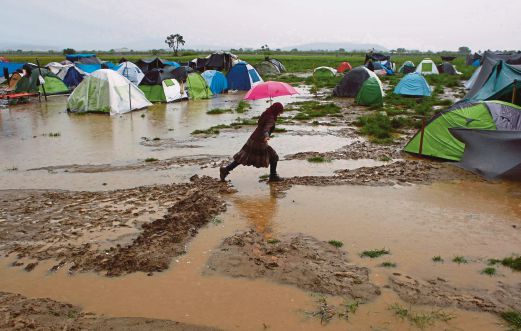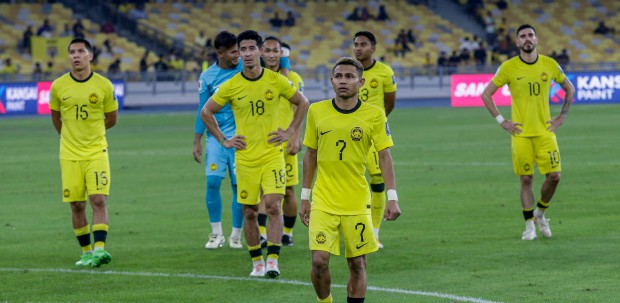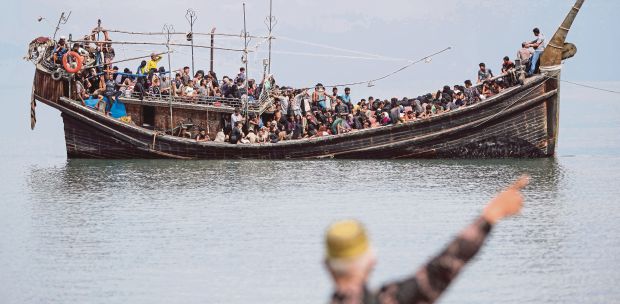Imagine life as a refugee. Poor sanitation. Access to clean water never guaranteed. Uncertain electricity supply. Take it or leave it kind of option for food. When it rains, it is difficult not to get wet. In winter, keeping warm is barely possible.
Despite such hardships, many end up as refugees. It is better than being hounded by conflicts at home. This is exactly what had motivated many from the conflict zones in the Middle East and North Africa to flee by the thousands to seek refuge in Europe. And, they do this knowing very well they risk getting drowned in the treacherous waters of the Mediterranean Sea.
Nobody chooses to live as a refugee. Nobody wants to endure such hardships. In Malaysia, we must count ourselves lucky.
We should be thankful that so far, we have not been hounded by conflicts to leave the country.
The closest one can get to such situation is when hit by floods. Even then, it is usually temporary. We normally have to put up, at the most, a few days in relief centres waiting for the water to subside.
There, we are often well looked after. One exception is, of course, the victims of the worst floods that hit Kelantan in December 2014.
Some of them are still putting up with the discomfort of temporary housing, where living conditions are the closest that one can get to refugee camps in Greece or other parts of the world.
The only saving grace is that we do not have cold winters in Kelantan.
The recent reporting of cold spells in Kuala Krai is only a faint shadow of the cold in temperate Greece. We must consider ourselves fortunate.
Life as a refugee is not a new world phenomenon. It has been going on for ages in different parts of the world. Many must still remember the boat people of Vietnam.
They travel in fragile boats, risking their lives to escape the conflict in their country. Many drowned along the way.
The lucky ones arrived in Malaysia and were placed in camps while waiting for a third country to host them.
In Paris nowadays, there are many Vietnamese takeaways. Most of them were war refugees. France took a sizable number then. There were those who ended up in the United States.
And, their second or third generation descendents have become successful business people.
In fact, some have even become members of the US Congress. When Vietnam eventually embraced the market economy, a number returned to expand their fortunes and help rebuild their home country.
If we study the refugees of the past, most fled their countries for two main reasons.
It was either because of life-threatening conflicts and discrimination at home, or due to unbearable economic conditions making life intolerable and their future insecure.
One good example closer to us is the Rohingyas in Myanmar. They have been literally forced out of their country, apparently through a kind of ethno-religious persecution and discrimination.
And, worse still, they are more or less denied citizenship in their own country. Now, many believe a third reason is emerging.
There is a strong compelling argument to expect the emergence of climate refugees due to global warming and climate change in the not too distant future.
These are people living in low-lying parts of the world, who will be forced to leave their homes because of rising sea levels.
No thanks to the continued squabbling among major countries on the necessary mitigation actions to fight climate change, experts predict sea level rise will soon be a reality.
Already we have heard of some islands in the Southern Pacific that have been submerged.
As a country, we are also not spared from this eventuality. There are parts of Malaysia which are low lying and near the sea.
The flooding of some such coastal areas is no longer avoidable. And it is highly probable that we, as a nation, will also have our own share of dealing with the new category of refugees — the climate refugees.
Dr Ahmad Ibrahim is a fellow at Academy of Sciences Malaysia






